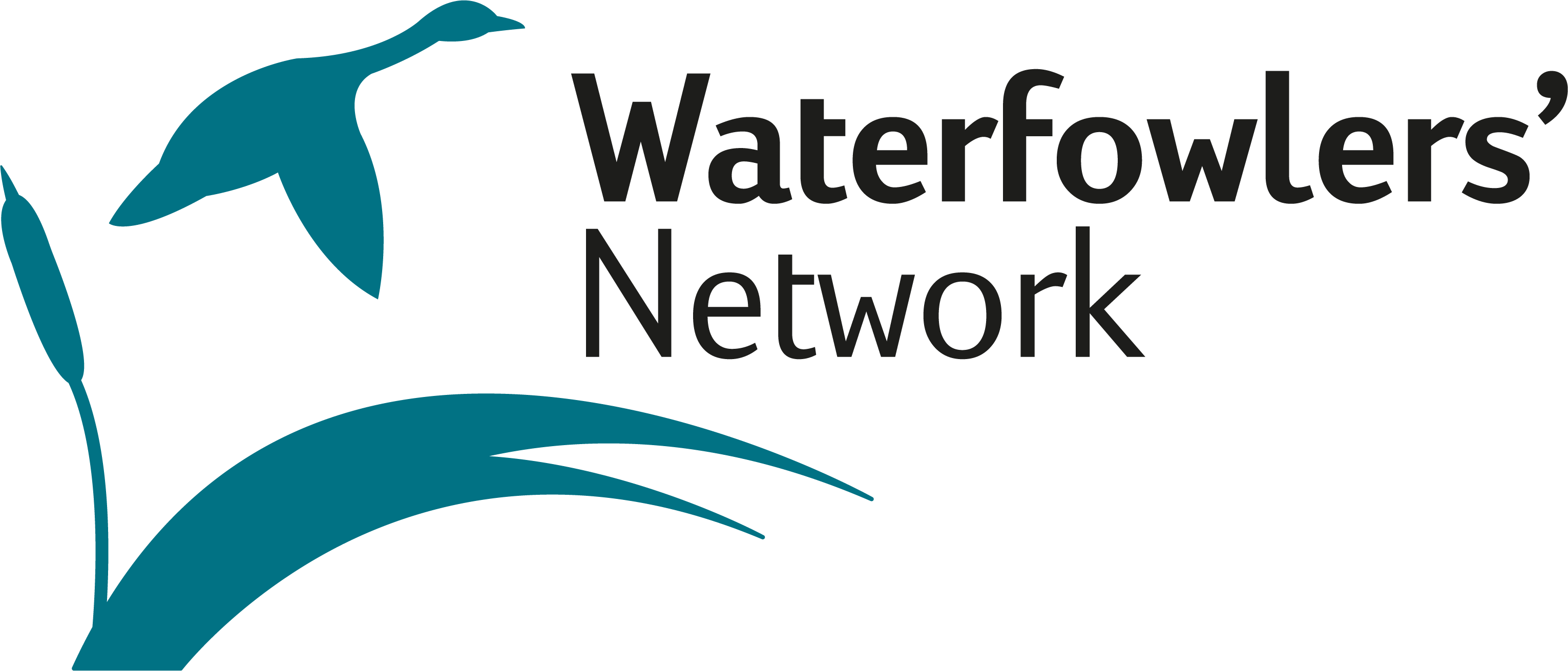Conservation Opportunities for Wildfowlers 27th November 2024
One of the primary objectives of the Waterfowlers Network is to foster greater collaboration among flyway hunting organisations. This goal was exemplified in November through a series of evening talks held in Ireland.
Text: Padraig Breen, Irish Delegate Waterfowlers' Network
Pictures: Padraig Breen & Veli-Matti Pekkarinen
The Talks, featuring speakers from the Finnish Game Foundation, Finnish Wildlife Association, and BASC’s (British Association for Shooting and Conservation) scientific and Wildfowl and Wetlands departments represented a joint effort between BASC and the National Association of Regional Game Councils (NARGC), underscoring the potential for stronger cooperation between hunting organisations across both jurisdictions on the island of Ireland.
The Finnish representatives—Veli-Matti Pekkarinen, Antti Saarenmaa, and Petri Passila—delivered insightful presentations on key topics, including the advantages of wetland restoration for waterfowlers in Ireland, the critical role of predator control in safeguarding breeding waterfowl, and ongoing efforts in wetland rehabilitation. Their contributions offered practical solutions and actionable insights that resonated strongly with the audience.
BASC's James Green provided an engaging talk on how UK waterfowlers have implemented self-regulation to sustainably manage their hunting activities. This proactive approach has enabled hunters to stay ahead of increasingly stringent government regulations. His presentation captivated the audience, offering a compelling model for Irish hunters to consider.
Additionally, Heather Warrender from BASC’s Science Department presented an excellent session on BASC’s wing data program, which tracks population dynamics and trends among wildfowl. Her practical demonstrations on aging and sexing bird wings were particularly well-received by NARGC representatives and local hunters, providing valuable skills for on-the-ground conservation work.
The Finnish mink traps, provided by Jalmarin.fi and demonstrated by Petri Passila, generated significant interest among Irish hunters, highlighting innovative predator control tools that could benefit waterfowl conservation efforts locally.
The event, hosted in Ballyconnell, concluded with a lively barbecue organised by Ballyconnell Game Club. Attendees enjoyed excellent food, music, and camaraderie, fostering a sense of community and shared purpose among participants.
These events would not have been possible without the extensive network of connections facilitated by the Waterfowlers Network. Special thanks are due to Ballyconnell Game Club, the NARGC Executive Committee, and BASC Northern Ireland for their dedication and effort in making these gatherings a success. Their collaborative spirit and hard work were instrumental in ensuring the success of these talks, laying the foundation for continued partnership and shared initiatives in the future.
